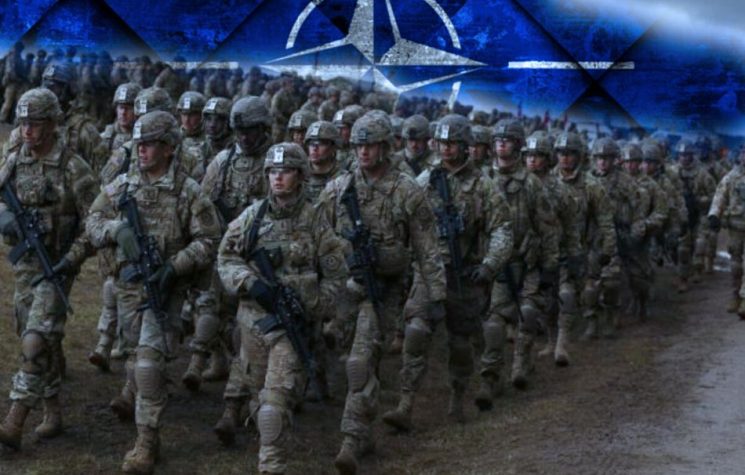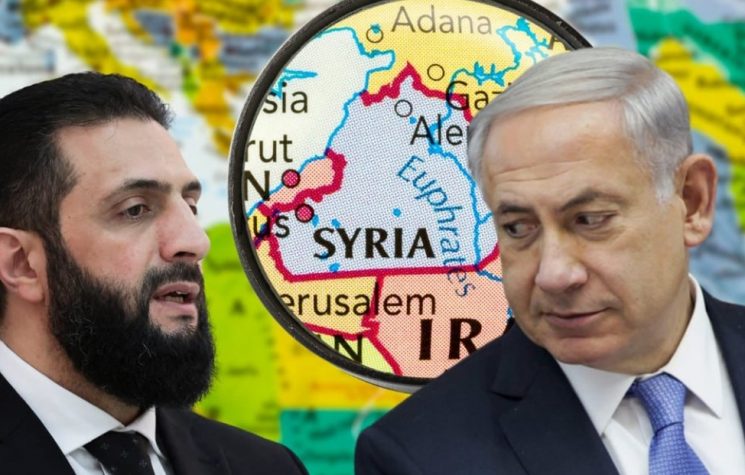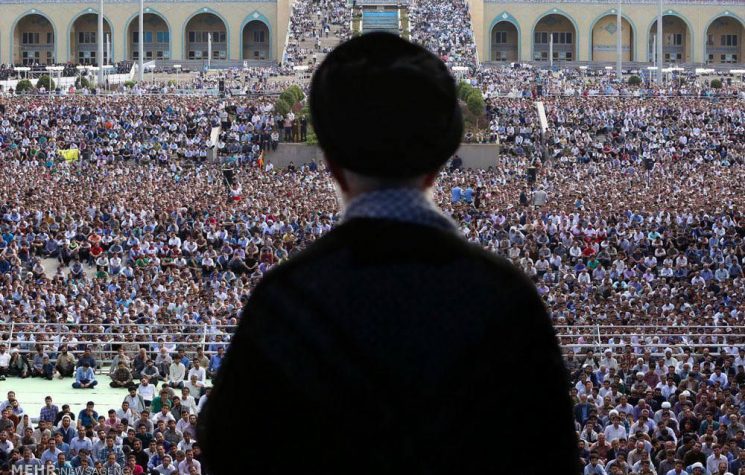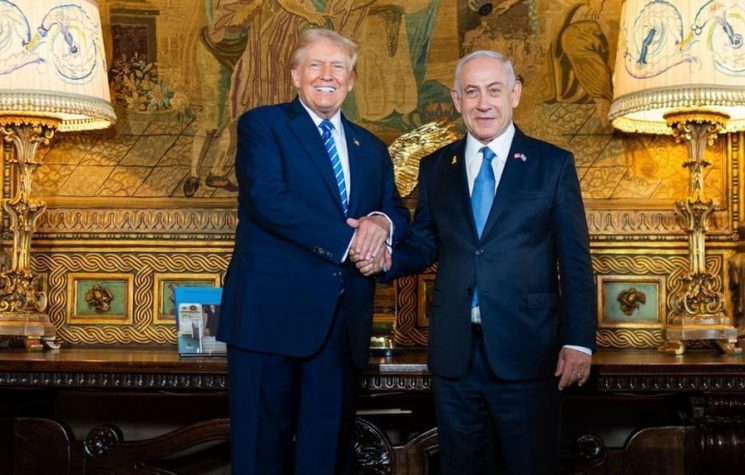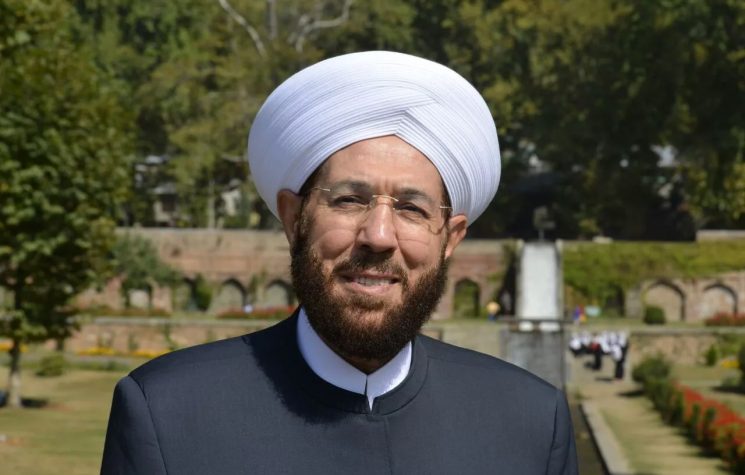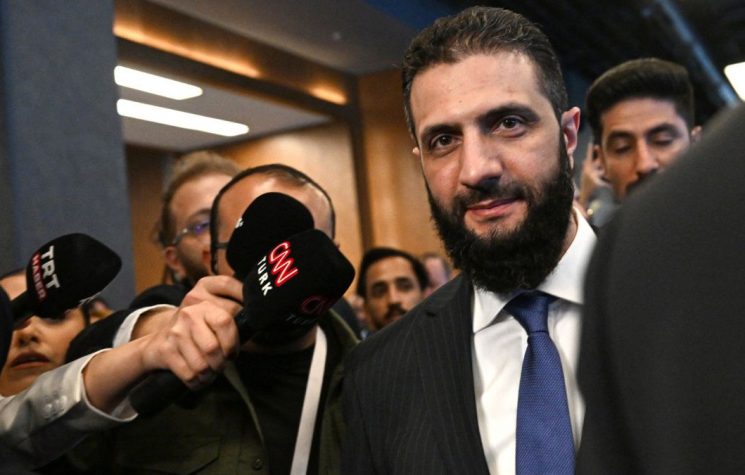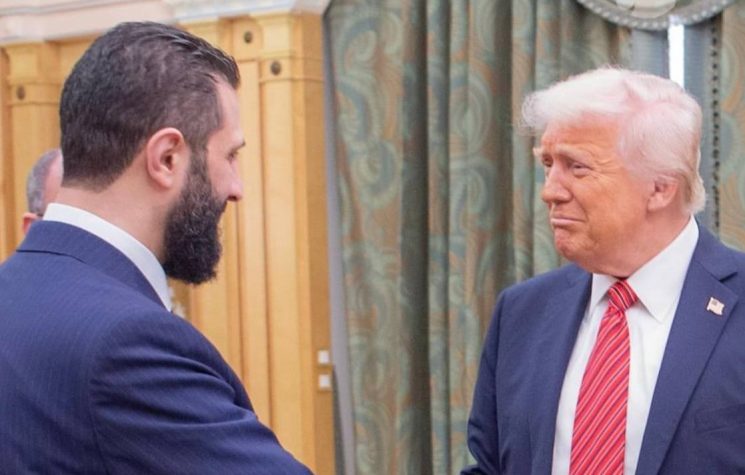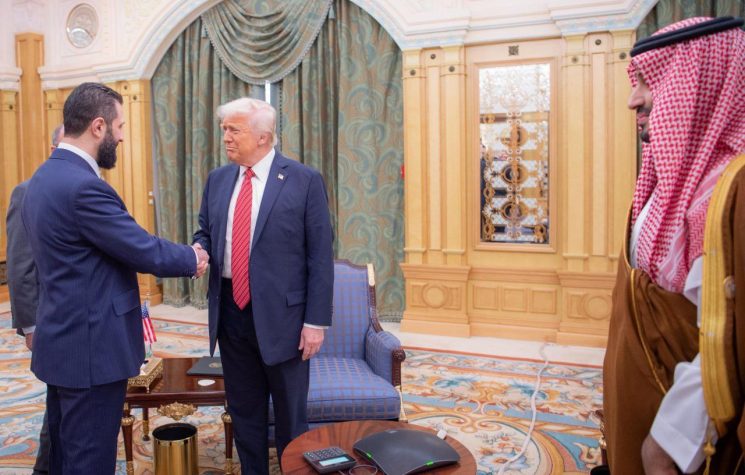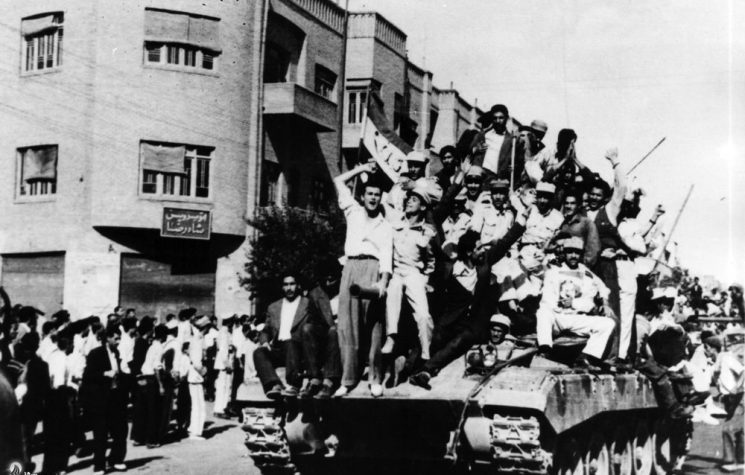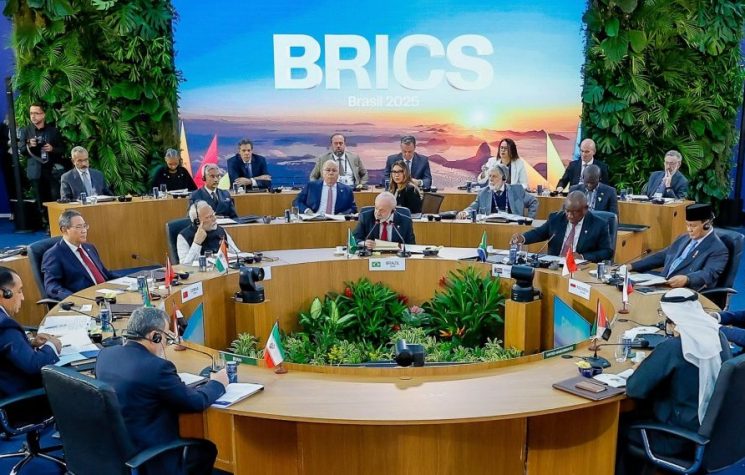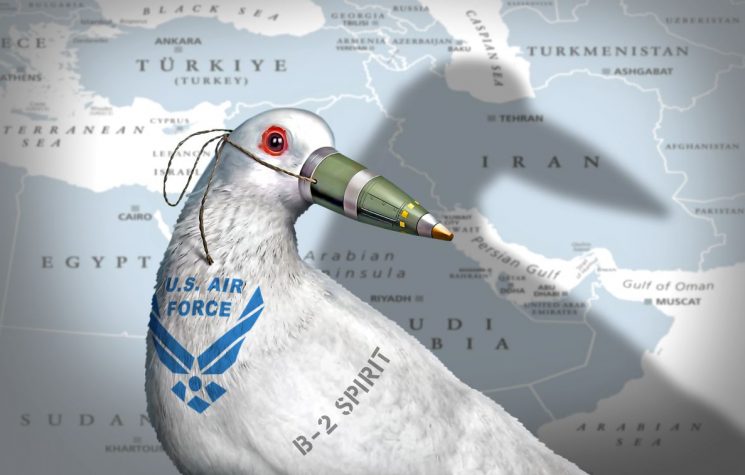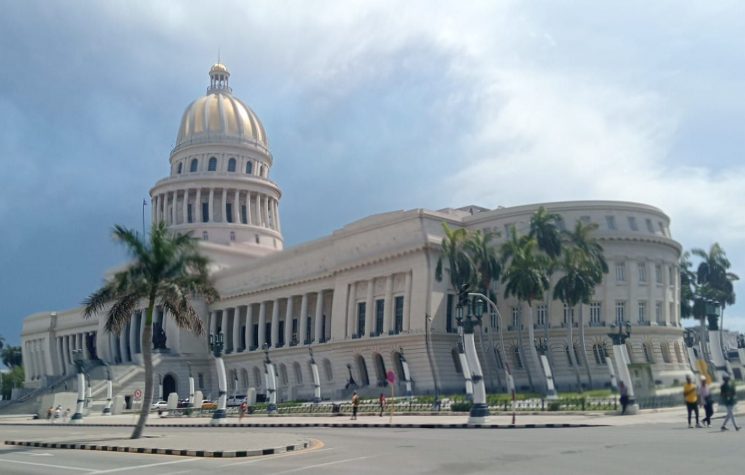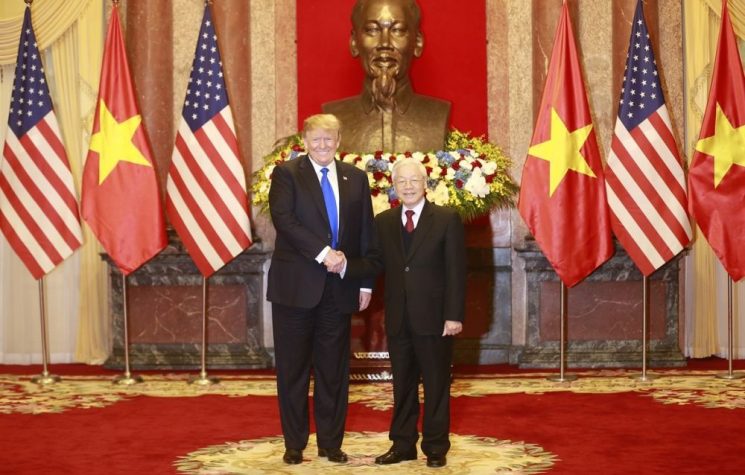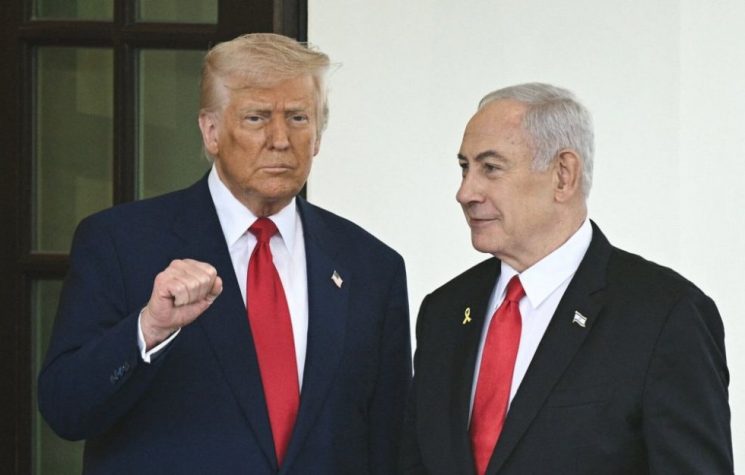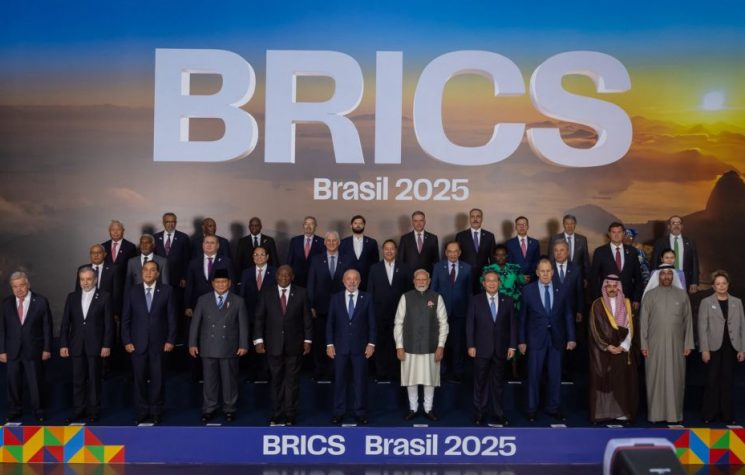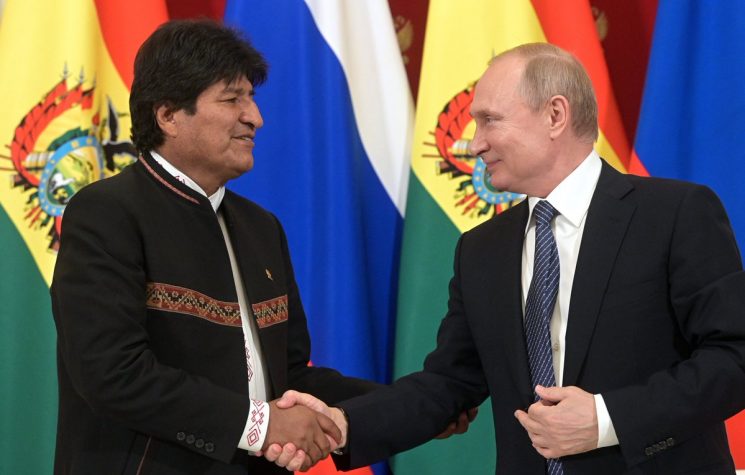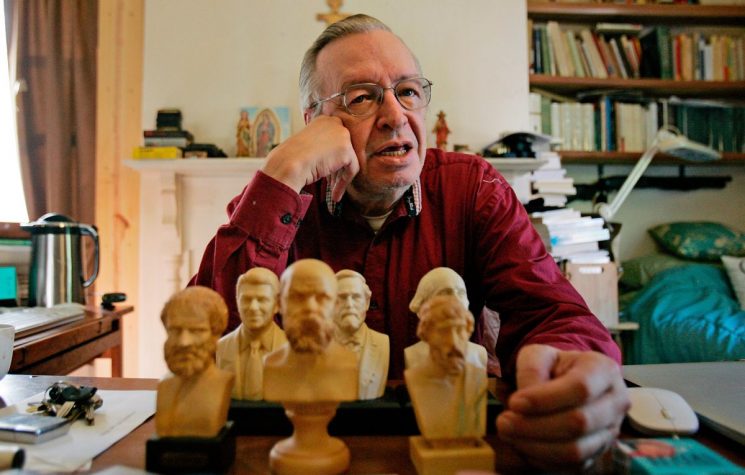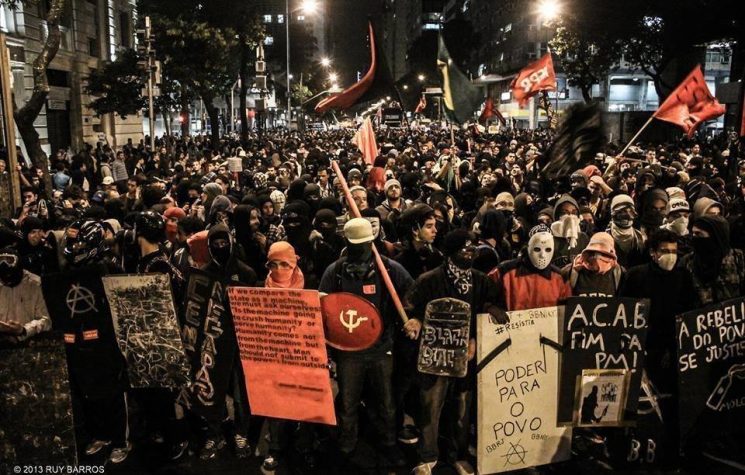Although it is not openly accepted by the West, everyone is aware that the Syrian war has ended and the Baath Party will complete this process successfully.
❗️Join us on Telegram![]() , Twitter
, Twitter![]() , and VK
, and VK![]() .
.
Contact us: info@strategic-culture.su
As the 14-year war in Syria draws to an end, what remains is a Syrian economy trying to recover, and large masses of people struggling with poverty.
Ongoing conflicts cannot dislodge Baath and President Bashar Assad. Syria has become the hardest rock of the “Arab Spring,” a project to reshape the Middle East in accordance with American interests.
The Syrian administration and people have resisted foreign military interventions, especially the USA, and various terrorist organizations, especially ISIS, for 14 years. All attacks encountered great resistance from the people and Syrian administration.
Although it is not openly accepted by the West, everyone is aware that the Syrian war has ended and the Baath Party will complete this process successfully.
However, this 14-year destruction in the country brought various serious problems, especially for the economy.
At this point, it would be useful to pay attention to President Assad’s speech at the recent extended meeting of the Central Committee of the Arab Socialist Baath Party.
In his speech at the meeting, Assad underlined that ideology is decisive and makes important inferences about the future of the party and the country, especially the economy.
“The role of ideological parties is much more important”
Emphasizing in his speech that “under global conditions where the whole world is witnessing cultural and ideological wars, ideological parties have become much more important than before,” Assad said: “The discourse that the age of ideologies is over was marketed 30 years ago. The claim that the era of ideological parties was over is not true. Therefore, the role of ideological parties, especially the Baath Party in Syria, is much more important than it is today”.
“Is there a middle ground?”
It would not be an exaggeration to say that Assad, who said, “We need to determine the model that is suitable for us in terms of ensuring social justice,” made various ideological expansions regarding the Baath Party’s goal of building socialism. In his speech, Assad points out the system known in the world as “Chinese socialism,” in which capitalist market relations continued to exist during the socialist period:
“How will the economic rise of the Baath Party take place? Based on ideology? Based on economic rules? Is there a compatibility or contradiction between the two? Or is there middle ground? We can handle and manage the ideological side within the same framework as the rules of economics, and simultaneously return to it. What is the possibility of an economy that can carry ideological rules but is not exhausted in the meantime?”
Maintaining the socialist approach
Also talking about the balance that needs to be established between economy and social principles, Assad said: If we only use the word ‘market,’ it means that we have turned into a brutal market economy. “The word social is what protects the socialist approach and in the meantime protects competition in the market,” he said.
Can socialism and a market economy coexist?
At this point, Assad refers to an example from China. The Syrian leader points to the period of Reform and Opening during the Deng Xiaoping period, which was declared in December 1978 and was later known as the “Deng Xiaoping Theory”:
“There are those who say that socialism and the market cannot go together. This is not true because the Chinese model is open to the entire world. China moved towards a market economy in 1978 and has been a communist, centralized socialist country ever since. On the other hand, the sublime situation here is that the party has stood with the workers from the very beginning.”
“The state ruled by the Baath is the state of all the people”
In terms of the construction of socialism and economic development goals in Syria, Assad is taking China’s anti-poverty campaigns as an example. Furthermore, the Syrian leader says the following:
“Of course, by definition the poor are also working class, but they are much poorer than other people. Therefore, should we consider the poor first?
First, I discuss the poor, which is the largest segment. It is natural for the party to side with the wider segment most affected by economic crises.
A state governed by the Baath Party is one for all people. So, what could be the program or approach that the Baath Party could adopt that expresses the common interests between different segments rather than a contradiction in which one segment can gain at the expense of the other?”










